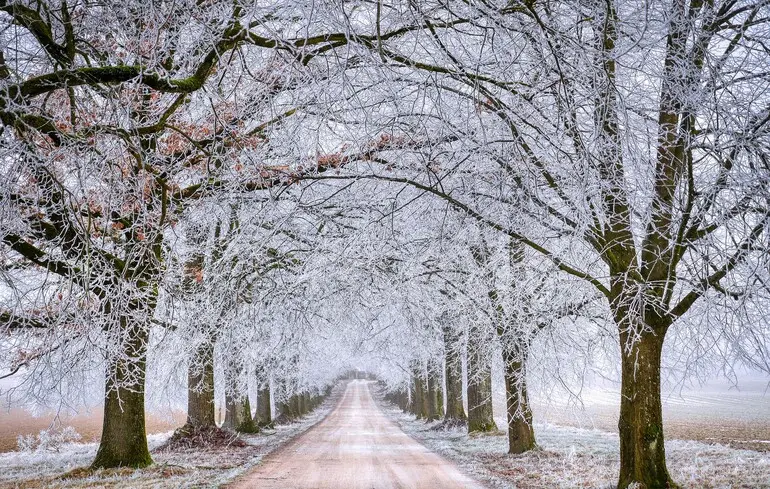Winter 2025: Will It Bring Cold Temperatures and New Challenges for Ukraine?

As winter 2025 approaches, meteorological experts warn of potential challenges that this season may pose for Ukrainians.
The key questions revolve around whether this winter will be cold and what climatic trends will define its character amidst ongoing climate change.
Russia has long employed tactics involving missile strikes or shelling infrastructure to cause power outages in Ukraine, aiming to increase pressure and create chaos.
The current weather forecast, provided by Vera Balabukh — head of the applied meteorology and climatology department at the Ukrainian Hydrometeorological Institute of the State Emergency Service — signals significant shifts in climate conditions.
According to her, recent decades have seen winters becoming milder and shorter compared to thirty years ago, and this trend is expected to continue, especially in the latter half of the 21st century.
However, she emphasizes that severe frosts and snowfalls remain possible, albeit less frequently than before.
Currently, the weather resembles spring or autumn, with air temperatures often hovering around 0°C and no stable snow cover forming yet.
Yet, the complete absence of snowy winters is unlikely because Ukraine remains within a temperate climate zone influenced by Arctic air masses.
Moreover, global climate processes are accelerating: in 2024, the Earth’s average temperature surpassed pre-industrial levels by 1.5°C, setting new records.
This led to an increase in extreme weather events including heavy rains, hurricanes, droughts, and heatwaves.
Scientists predict that if current trends persist, the global temperature could rise by another 2.7°C over the next century.
While this may not be the worst-case scenario, the consequences for the planet’s biodiversity, human life, and global stability could be catastrophic, posing unprecedented challenges for humanity and Ukraine alike.
Although winter 2025 might not feature heavy snowfalls and fierce frosts, Ukrainians should prepare for new weather-related challenges, especially considering ongoing climate change and geopolitical tensions in the region.

